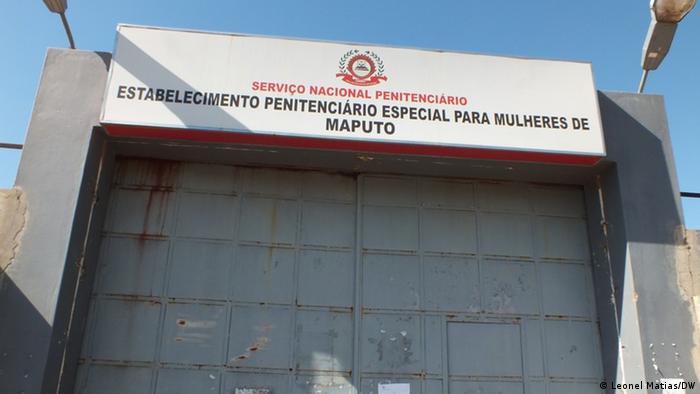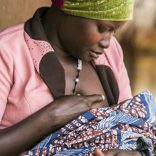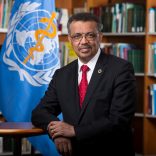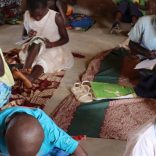Mozambique: Misinformation deters breastfeeding in Nampula province - health authorities
Mozambique: Lawyer urges independent investigation into sexual abuse in Ndlavela

Photo: DW
- The Mozambican government should set up an independent commission of inquiry, excluding the Ministry of Justice, to investigate the allegations of sexual abuse in Ndlavela prison, a former president of the Mozambican Bar Association has told DW.
Mozambican lawyer and former president of the Mozambican Bar Association, Gilberto Correia, argues that, taking into account the criminal dimension of the alleged sexual exploitation of inmates in the Ndlavela women’s prison in Maputo, the government, through the council of ministers, should set up a commission of inquiry, involving other ministries, but not including the Ministry of Justice, as it has a conflict of interest.
In an interview with DW, Gilberto Correia also assesses the inclusion of civil society in investigations as a good step, although he hopes that “they are not individuals who are politicians posing as civil society”.
DW Africa: What can you tell us about the investigations into alleged sexual abuse at Ndlavela women’s prison in Maputo?
Gilberto Correia (GC): It would be good if the Ministry of Justice were not part of the investigation, because it is clearly in a position of conflict of interest.
The Ministry of Justice is the ministry in charge of the prisons, so anything that goes wrong in the prison is, in a way, the responsibility of the Ministry of Justice. As is its responsibility, if everything that goes well.
We fear that, in order not to implicate itself, it will not bring into the open all that is needed to be disclosed in this issue.
And I don’t want to say that the minister and her staff don’t actually do it, but I think the first measure of transparency that it should take is to not have the minister speak first of the Commission of Inquiry.
The matter by its nature should leave the jurisdiction of the Ministry of Justice and go to the Government itself, as the Executive of the Republic of Mozambique, to determine it, and not have the ministry itself doing the investigation.
DW Africa: In other words, is it necessary for the government itself to take a stand as a sign that the issue is not just for the Ministry of Justice, but for the entire government?
GC: Yes, it is a matter that affects the entire government. We also saw the Ministry of the Interior very involved in the investigation. Whenever, for example, there is talk of the police, it is a very great opacity where things are never known.
This demonstrates that there is a political discourse aimed at the emancipation of girls, but in fact, cases like these and others that are not investigated clearly show that we have a long way to go in this chapter of defending the dignity of women against abuses of power.
DW Africa: According to reports from the Centre for Public Integrity (CIP) it is clear that this is an issue that involves senior staff in the prison…
GC: It’s not news to anyone that police in prisons, and other branches of the police and in other jails, release prisoners to go and commit crimes. There have been several cases, many people are cheated through mobile phones, saying they are people from banks etc… When you chase those numbers, it turns out that those names end up being in the prison of maximum security, aka B.O..
In fact, there are elements for the prisoners to be released, but it is necessary the involvement of individuals from a hierarchy who can make such decisions, which can guarantee some impunity.
More than that, they charged 30,000 meticais for these people to leave the prison. Those who could pay 30,000 meticais are not poor individuals either.
Who can pay 30,000 meticais for sexual favours? Who were the beneficiaries of this? Who could feel safe using the prisoners for sex crimes without being assured that it would not come to public knowledge or be the object of investigation?
So, we immediately verify by the evidence who are the individuals with power, with the financial capacity to organise such a network to exploit women who are in a disadvantaged situation and who can be criminally manipulated in this way.
DW Africa: In this case, the Commission created has a lot of work to bring to the public the entire network involved?
GC: Including civil society is a very important step. Now, we know our country, it is natural that we are suspicious of everything, but things have to be done. I hope that it really is a real civil society and not as often happens in the CNE elections, where we saw political individuals transformed into civil society. If so, we also know what the result is. What Mozambican society wants is for the truth to come out and to serve as a basis for exemplary punishment.












Leave a Reply
Be the First to Comment!
You must be logged in to post a comment.
You must be logged in to post a comment.